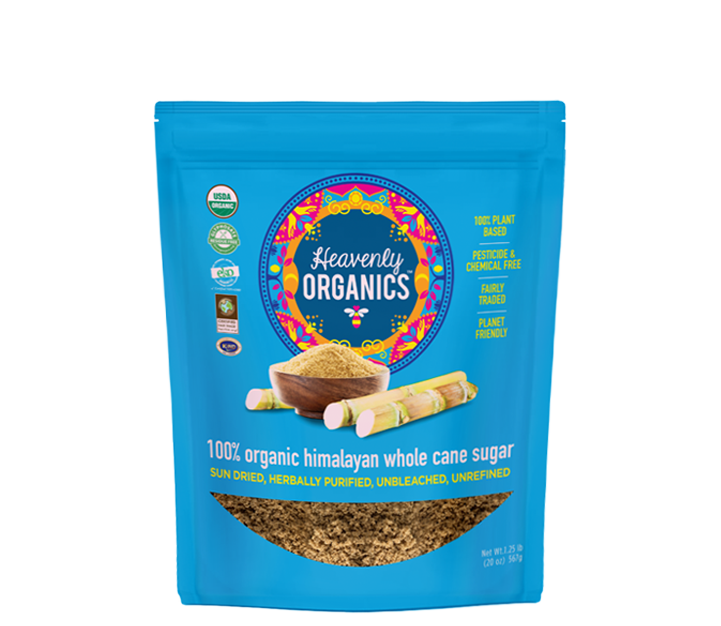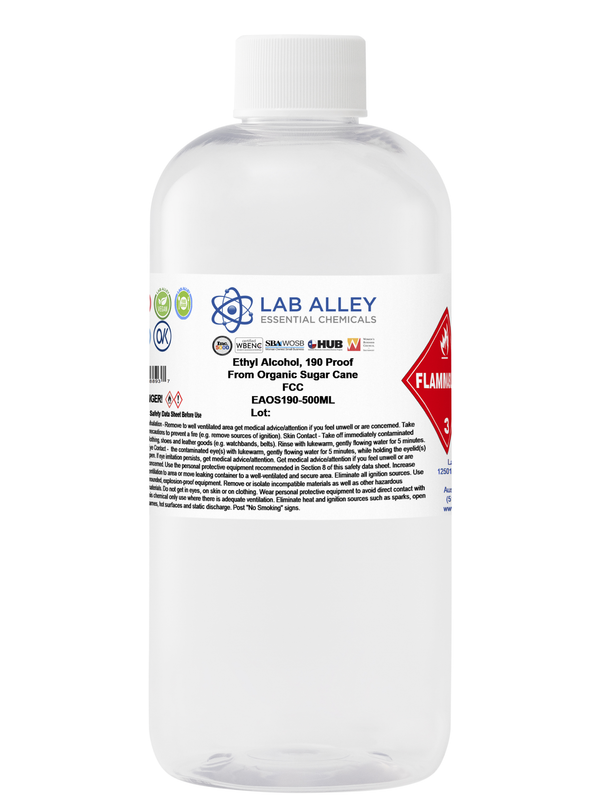The Diverse Usages of Sugar Cane: From Food Products to Biofuels
Sugar Cane is a plant with varied applications that expand far past basic sweeteners. Its products range from granulated sugar and molasses to fermented alcohols and lasting packaging materials. Furthermore, it plays a function in the production of eco-friendly biofuels. Recognizing these complex uses reveals the financial and environmental significance of sugar Cane farming. The implications of its cultivation practices increase inquiries worth checking out additionally.
The Function of Sugar Cane in Sugar Manufacturing
Although sugar Cane is typically linked mainly with its pleasant flavor, it plays a necessary function in the manufacturing of various sugar worldwide. The procedure begins with drawing out juice from sugar walking stick, which is then cleared up and evaporated to produce raw sugar. This raw sugar undergoes additional refinement to develop granulated sugar, widely utilized in families and markets. In enhancement to traditional granulated sugar, sugar Cane is also the resource of molasses, a thick syrup that maintains numerous nutrients and is made use of in cooking and food preparation.
Additionally, sugar Cane functions as the structure for generating alternative sweeteners like high-fructose corn syrup and particular sweetening agents, which are increasingly popular in food and beverage manufacturing. The convenience of sugar Cane in sugar production not only pleases customer need for sweet taste yet additionally sustains numerous food industries, highlighting its importance past simple taste.
Sugar Cane in Food Products Beyond Sweeteners
Sugar Cane supplies various dietary advantages that expand beyond its role as a sweetener. Its adaptability in culinary applications has resulted in innovative usages in a series of food, boosting textures and tastes. This exploration highlights the wider payments of sugar Cane to the food industry.
Nutritional Advantages of Sugar Walking Cane
The dietary advantages of sugar Cane extend far past its popular duty as a sugar. This flexible plant is rich in crucial minerals and vitamins, including calcium, iron, potassium, and magnesium. Furthermore, sugar Cane consists of antioxidants that help battle oxidative tension in the body. Its high fiber material aids in digestion and promotes gut wellness, making it an important addition to the diet plan. Sugar Cane juice is often taken in for its hydrating homes and natural power increase, giving a source of fast carbs. The existence of phytonutrients adds to its health and wellness benefits, potentially sustaining immune feature. In general, sugar Cane supplies an array of nutritional advantages, adding to a well balanced and health-conscious lifestyle.
Culinary Innovations and applications
While often identified mainly for its sweet taste, sugar Cane has arised as an ingenious ingredient in different culinary applications past conventional sugar. Cooks and food manufacturers are significantly utilizing sugar Cane juice and syrup to boost taste accounts in mouthwatering meals, marinates, and sauces. Its all-natural sweetness balances spices and level of acidity, making it a versatile component in international foods. Furthermore, sugar Cane fibers are discovering their method into gluten-free flours, giving texture and dietary benefits. Ingenious treats, such as sugar Cane sorbets and candies, display its distinct flavor, while beverages like sugar Cane cocktails and teas highlight its invigorating top qualities. These cooking innovations show sugar walking stick's capacity to change contemporary gastronomy.
The Manufacturing of Alcoholic Beverages From Sugar Cane
Transforming sugar Cane right into liquors showcases the flexibility of this tropical plant. The fermentation of sugar Cane juice or molasses leads to a variety of popular drinks, consisting of aguardiente, cachaça, and rum. These beverages are deeply rooted in the cultures of sugar-producing regions, specifically in the Caribbean and South America.
The manufacturing procedure starts with the extraction of juice from newly collected sugar walking stick, which is then fermented making use of yeast. This fermentation transforms the sugars right into alcohol, generating a base that can be distilled for greater alcohol content. Purification methods vary, influencing the flavor accounts and characteristics of the final product.
Furthermore, maturing in barrels can improve the intricacy and deepness of have a peek at this website tastes in spirits like rum. In general, the change of sugar Cane into alcoholic drinks not only highlights its agricultural significance however likewise adds greatly to the worldwide drink sector, offering abundant and diverse experiences for consumers.
Sugar Cane and Its Use in Biodegradable Product Packaging
Sugar walking cane's adaptability extends past drink manufacturing to innovative applications in biodegradable product packaging. This eco-friendly resource is progressively being used to develop green product packaging remedies that minimize dependence on petroleum-based plastics. Originated from the coarse residue of sugar walking cane, called bagasse, makers can create naturally degradable products that break down quicker than conventional plastics.
These sugar cane-based packaging items supply a sustainable option for various markets, including food and consumer products. They not only lessen ecological impact however additionally line up with the growing consumer demand for lasting techniques. Furthermore, sugar Cane product packaging can be crafted to keep resilience while being light-weight, guaranteeing that it fulfills the practical demands of organizations.
As environmental problems rise, the shift in the direction of biodegradable materials, such as those stemmed from sugar walking cane, offers an appealing path toward sustainable packaging solutions that add to a circular economic climate.
Discovering Sugar Cane as a Sustainable Biofuel
As the globe looks for renewable resource sources, sugar Cane arises as an encouraging candidate for lasting biofuel manufacturing. This flexible crop can be exchanged ethanol, a cleaner-burning choice to nonrenewable fuel sources - What Is Sugar Cane Used For. The fermentation process makes use of the sugars extracted from the walking view stick, leading to a renewable resource resource that significantly decreases greenhouse gas discharges contrasted to conventional fuels
Sugar cane's high power yield per hectare further improves its practicality as a biofuel. It can be cultivated in numerous environments, making it obtainable for many areas, especially in subtropical and exotic locations. In addition, the byproducts of sugar Cane processing can be utilized in producing power, including one more layer of sustainability to its usage. The adoption of sugar cane-based biofuels not just advertises energy freedom but additionally sustains agricultural economic situations. As a result, sugar Cane attracts attention as a sustainable remedy in the international shift towards renewable resource.
Nutritional Benefits of Sugar Cane and Its By-products
The possibility of sugar Cane expands beyond its role in sustainable biofuel manufacturing; it also uses substantial dietary advantages. Rich in vital nutrients, sugar Cane supplies crucial minerals such as potassium, magnesium, and calcium, which contribute to overall health. Furthermore, its juice is an all-natural resource of antioxidants, helping to battle oxidative stress in the body.
Sugar Cane by-products, such as molasses, additionally enhance its dietary account. Molasses is high in iron, making it an important addition for those seeking to enhance their iron consumption. Both sugar Cane and its by-products contain dietary fiber, which assists digestion and advertises a healthy and balanced gut.

The Environmental Effect of Sugar Cane Farming

Conversely, the farming process can cause various ecological challenges. Deforestation often takes place to give way for sugar Cane fields, which interrupts ecosystems and biodiversity. In addition, the hefty use plant foods and chemicals can cause soil degradation and water contamination, impacting regional wild animals and areas. The extensive watering needed in some areas can diminish water resources, leading to shortage.

Often Asked Inquiries
Just How Does Sugar Cane Affect Soil Health During Cultivation?
The growing of sugar Cane considerably influences soil wellness. It can enhance soil structure and fertility via raw material addition, but extreme use fertilizers might cause vitamins and mineral deficiency and dirt degradation with time.
What Are the Economic Advantages of Sugar Cane Farming?
The economic advantages of sugar Cane farming include task production, enhanced neighborhood income, and payments to nationwide GDP. In addition, sugar walking stick's adaptability permits for diverse market possibilities, improving farmers' economic security and promoting agricultural development.
Can Sugar Cane Be Expanded in Non-Tropical Regions?
Sugar Cane can be grown in non-tropical regions, gave the climate is appropriately cozy and frost-free. What Is Sugar Cane Used For. Adjustment techniques, such as utilizing and selecting suitable varieties watering, can boost its development possibility in these areas
What Diseases and pests Impact Sugar Cane Crops?
Pests such as sugarcane borers and aphids, together with conditions like red rot and corrosion, greatly influence sugar Cane crops. These risks can minimize yield and top quality, requiring effective administration methods for farmers.
Exactly How Is Sugar Cane Harvested and Processed?
Sugar Cane is typically collected by reducing the stalks short. After gathering, the Cane is transferred to processing facilities where it is squashed to extract juice, which is then refined into numerous items.
Sugar Cane is a plant with varied applications that expand much past basic sweeteners. The process begins with removing juice from sugar cane, which is then clarified and vaporized to produce raw sugar. Ingenious desserts, such as sugar Cane sorbets and sweets, showcase its unique flavor, while beverages like sugar Cane cocktails and teas highlight its invigorating qualities. The presence of vitamins, specifically B vitamins, in sugar Cane supports energy metabolic process and general health (What Is Sugar Cane Used For). On one hand, sugar Cane is a sustainable resource that can contribute to lasting agriculture and give biofuels, reducing dependence on fossil fuels